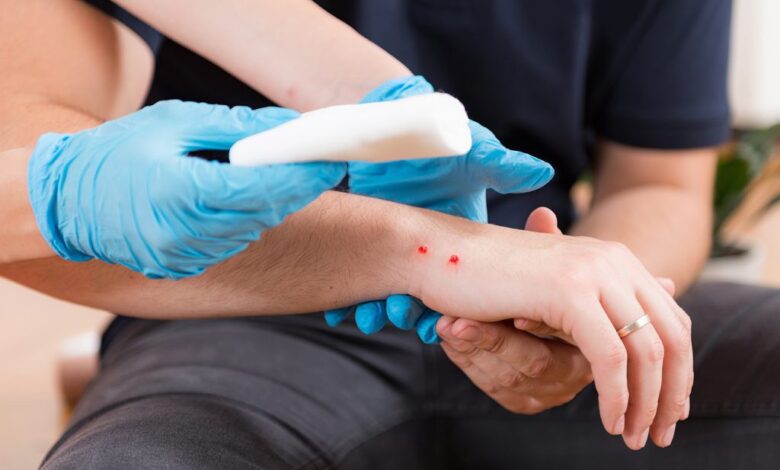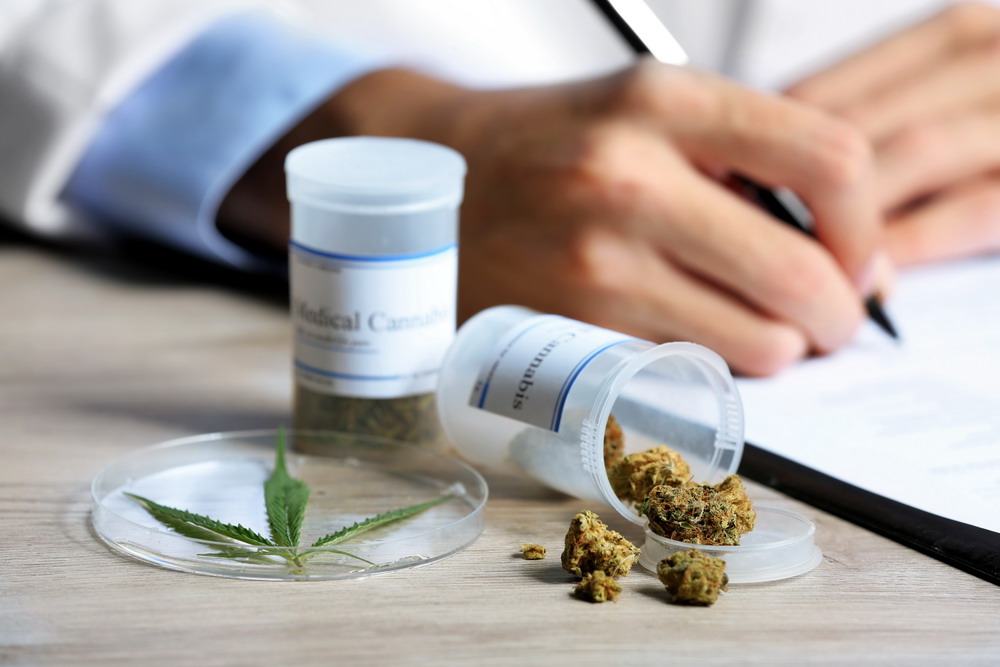Essential First Aid: Managing Anaphylaxis Allergic Reactions

Anaphylaxis is a severe, potentially life-threatening allergic reaction that requires immediate attention. When an individual experiences anaphylaxis, their immune system overreacts to an allergen, triggering a cascade of symptoms that can affect multiple organ systems. Common triggers include certain foods, insect stings, medications, and latex. Recognizing the signs of anaphylaxis and administering prompt first aid is crucial in preventing serious complications. Here’s how to effectively manage anaphylactic reactions:
1. Recognize the Signs
Anaphylaxis can manifest in various ways, including:
- Skin reactions: Hives, itching, and flushed or pale skin.
- Respiratory symptoms: Shortness of breath, wheezing, coughing, and throat tightness.
- Cardiovascular effects: Rapid or weak pulse, low blood pressure, and dizziness.
- Gastrointestinal issues: Nausea, vomiting, abdominal pain, and diarrhea.
2. Act Quickly
Upon recognizing symptoms of anaphylaxis, it’s crucial to act swiftly. Time is of the essence in managing this severe allergic reaction. Call emergency services immediately.
3. Administer Epinephrine
Epinephrine is the first-line treatment for anaphylaxis. If the individual has an epinephrine auto-injector (such as EpiPen), help them use it according to the instructions provided. The injection should typically be administered into the outer thigh. Hold the injector in place for several seconds before removing.
4. Position the Individual
Encourage the person experiencing anaphylaxis to lie down on their back with their legs elevated, if possible. This position can help improve blood flow and circulation.
5. Monitor Vital Signs
While waiting for emergency medical help to arrive, monitor the individual’s vital signs, including their pulse and breathing. Be prepared to administer CPR if necessary.
6. Offer Support
Stay with the person experiencing anaphylaxis and offer reassurance. Remain calm and provide emotional support during this challenging time.
7. Avoid Oral Medications
Avoid giving the individual any oral medications during anaphylaxis, as they may not be absorbed properly and could potentially worsen the reaction.
8. Be Prepared
Those with a history of severe allergies should always carry their prescribed epinephrine auto-injector with them and ensure that it is not expired. Additionally, they should inform friends, family, and coworkers about their allergy and how to respond in case of an emergency.
In Summary
Anaphylaxis is a serious medical emergency that requires immediate action. Recognizing the signs, administering epinephrine, and seeking emergency medical assistance are vital steps in managing anaphylactic reactions effectively. By staying informed and prepared, you can help save lives in critical situations.




